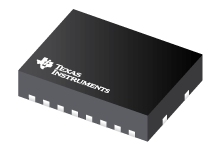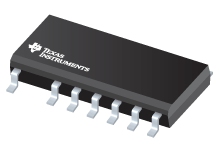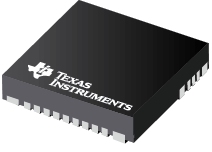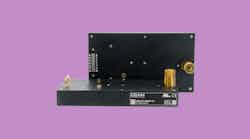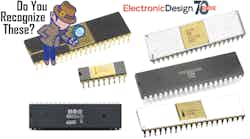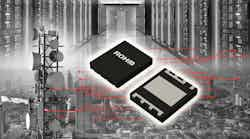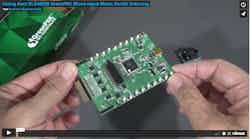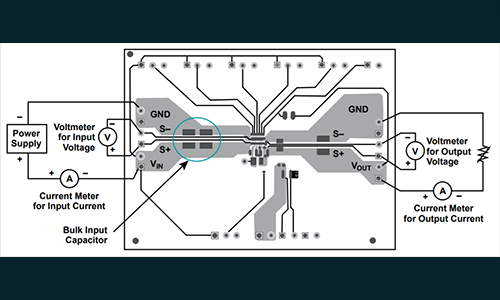Integrating fiber optics in computer chips creates a number of advantages, including diminished waste heat and greater information transfer. A single optical wire can transmit multiple signals on different wavelengths of light, as opposed to copper wires, which are limited to one signal per wire. The copper-wire problem magnifies in data centers that require a substantial amount of energy to store data in the cloud.
To combat this, the Optibit team of researchers was able to drastically boost computing efficiency with silicon chips that move data using optical light as opposed to electricity (Optibit technology replaces copper with a drop-in photonics solution). The team reported that using light instead of electricity has the potential to drop energy usage by about 95% in chip-to-chip communications as well as increase bandwidth tenfold. For their innovation, the Optibit team took home both grand prizes atMIT’s Clean Energy Prize(CEP) competition.
Optibit members built their own software layers, which enabled them to design the chips with tightly configured fiber optics. The team’s current goal is to design and license the technology to data centers, and eventually bring the chips to all electronic devices ranging from cellphones to electric cars. The money awarded from the CEP will fund research and development, and help in the team’s relocation to the Bay Area.



